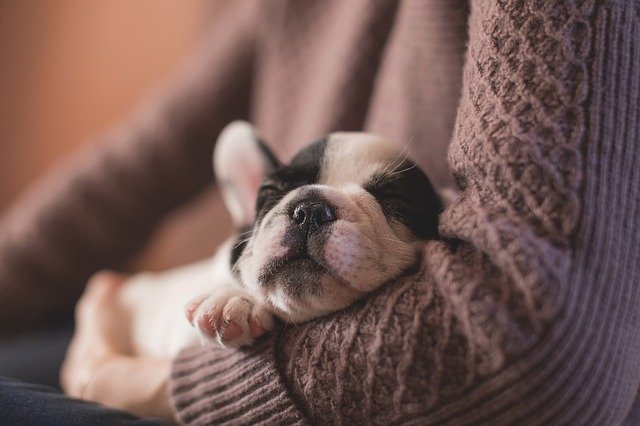
Don’t Let Parvo Take Your Precious Puppy
Parvo is a particularly nasty viral disease that wages a two-fold attack on your dog’s health. First, it attacks the immune system, then it destroys the cells that create the lining to the animal’s intestines. By lowering the immune system and destroying the natural lining on the intestines, the virus sets the patient up for secondary infections. Also, since the gastrointestinal tract has been destroyed, patients often develop life threatening dehydration. Parvo either kills through fluid loss and dehydration or through a secondary whole body bacterial infection as bacteria crosses the ruined intestinal barriers.
Unfortunately, parvo is common in young dogs or dogs that have never been exposed to the virus or been given a vaccine. Once infected, the virus is shed in large numbers by the dog. The virus itself is extremely stable in the environment and can re-infect naïve animals for over two years. Parvo is species specific so does not affect children or people in the house, but a newer form of the parvovirus can spread from dogs to cats.
That’s the bad news. Here’s the good: Parvo is COMPLETELY preventable through vaccines. Puppies can be born with maternal antibodies if their mother had been vaccinated. In some cases, these vaccines can last up to three or four months after they are born. This is why most veterinarians recommend starting vaccines at six to 8 weeks of age. Once vaccinated it takes 3 to 4 weeks for the body to recognize and produce antibodies to viruses. If vaccinated at 6-8 weeks, this puts them developing their own immunity just as the maternal antibody wears off. It is important to complete the full vaccine series to ensure that your pet is properly protected. Parvo vaccines are usually pretty cheap, and are typically guaranteed by the company that produced them. That is, they will pay for the treatment of your pet if they were correctly vaccinated and developed this terrible disease.
Over the counter vaccines are available. However, these usually do not come with guarantees and past problems with non-veterinary handling have caused some to be ineffective.
Of course, it’s your choice to vaccinate your pet. If you choose not to, prepare for the possibility of a bad medical battle. Treatment can mean a stay of up to 7 days in hospital with aggressive care. It can include blood transfusions. Treatment is extremely expensive, but around 80% of all puppies recover completely. After being treated, your pet should stay isolated from other animals for up to three months, as they can still be pass the virus to others.
Without treatment, prognosis is poor.
For more information, contact our team at VETSS, a Charlottesville VA urgent care animal hospital!

